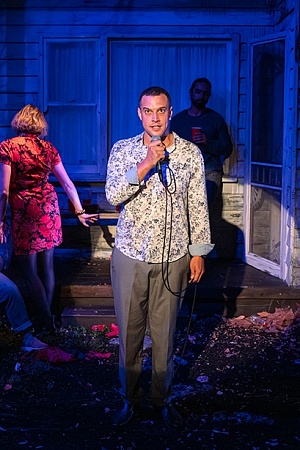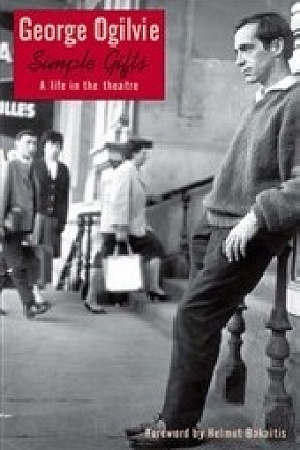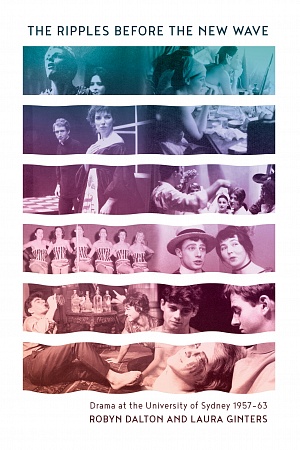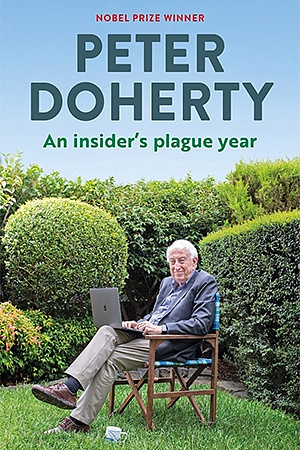Topdog/Underdog

In The Forever Wars: America’s unending conflict with itself – a searing account of the ways in which the seeds of Trumpism and the MAGA movement reach back to the first throes of American nationhood (reviewed for ABR by Timothy J. Lynch) – journalist Nick Bryant characterises the narrative by which America defines itself as ‘a story of unrivalled national success, shared values, common purpose and continual progress’. The American story was, and is, a ‘blurring of history and folklore … [that] didn’t ask too many troubling questions’; The United States was, and is, a nation that ‘lives and contests its history’ with an unrivalled level of ‘passion and ferocity’.
Continue reading for only $10 per month. Subscribe and gain full access to Australian Book Review. Already a subscriber? Sign in. If you need assistance, feel free to contact us.











Leave a comment
If you are an ABR subscriber, you will need to sign in to post a comment.
If you have forgotten your sign in details, or if you receive an error message when trying to submit your comment, please email your comment (and the name of the article to which it relates) to ABR Comments. We will review your comment and, subject to approval, we will post it under your name.
Please note that all comments must be approved by ABR and comply with our Terms & Conditions.